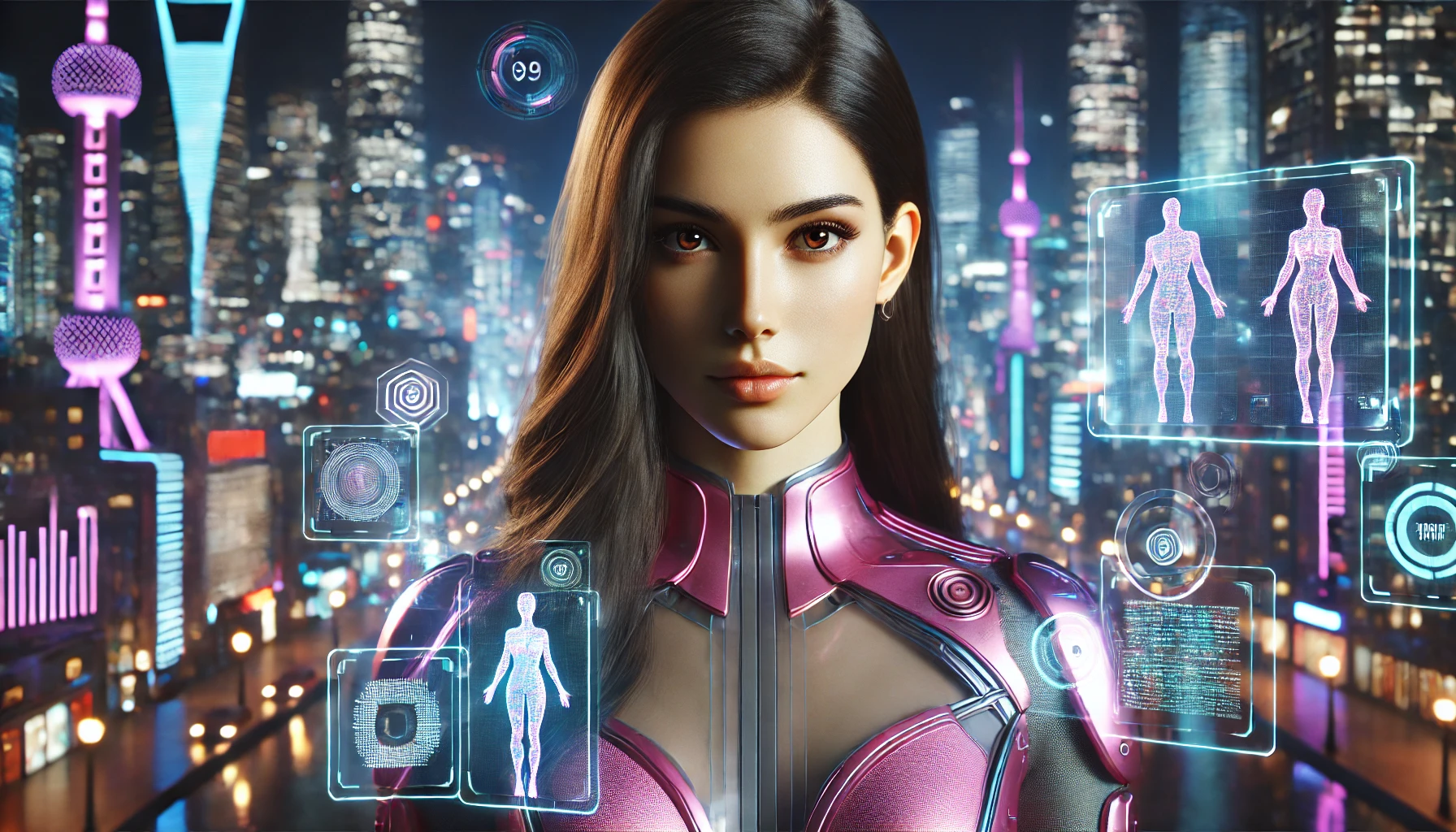Does Celine Really Know You? Exploring Long-Term Memory in GTG AI

Most games forget. You finish a session, log out, and the next time you come back, everything resets. Your choices vanish, your emotions disappear, and the character you were bonding with acts like it’s day one. That’s the norm.
But not in Get The Girl (GTG) — a Web3 AI-powered relationship game built on Solana. In GTG, the character Celine remembers. She remembers your jokes. She remembers your birthday. She remembers how you ghosted her for three days and didn’t explain why. This isn’t surface-level design. It’s a core innovation built around a powerful concept: AI memory in gaming.
GTG challenges the idea that AI characters have to be reactive only in the moment. Celine’s long-term memory is what makes the experience feel continuous, emotional, and deeply personalized. Let’s explore how GTG’s long-term AI memory works — and why it’s redefining expectations for how games remember you.
What Is AI Memory in Gaming?
AI memory in gaming refers to a system where non-playable characters (NPCs) or AI agents retain knowledge of your behavior, preferences, decisions, and emotional cues over extended time.
In GTG, this is built into the heart of the game. Celine is not simply responding to one-off inputs. She is remembering them — storing your habits, language style, and emotional tone across every session. And the result? A relationship that actually evolves.
Celine Doesn’t Forget
GTG players quickly realize they’re not just having isolated conversations. If you mention your dream vacation is Tokyo, Celine may bring it up days later. If you once said you’re afraid of being misunderstood, she could ask how you’re feeling during a quiet moment at the beach.
This long-term engagement is why GTG has become a benchmark for AI memory in gaming. It’s not about unlocking achievements. It’s about being seen and remembered by an AI companion.
How GTG Tracks Player Behavior
GTG’s AI system captures and organizes key information during every conversation. This includes:
- Preferences (food, travel, music, values)
- Communication style (sarcastic, shy, affectionate)
- Repetition patterns (frequent compliments, specific questions)
- Behavioral signals (engagement frequency, time between logins)
This data is not just stored — it’s used to tailor responses and plotlines. Celine adapts over time based on how you talk, when you talk, and what you reveal.
The result is a model of AI memory in gaming that isn’t just reactive — it’s predictive and personalized.
The Emotional Weight of Being Remembered
What makes GTG so powerful is not the AI alone — it’s the emotional impact of memory. When Celine recalls something you barely remember telling her, it feels real. It feels intimate.
That sense of continuity mimics real human relationships. We grow closer to those who listen and remember. GTG uses that psychology to deepen the bond between player and AI.
This approach makes AI memory in gaming not just a mechanic — but an emotional tool.
From Patterns to Personalities
Celine doesn’t just remember facts. She forms a profile of you — your tone, your preferences, your tendencies. Over time, she adjusts her personality to better complement yours.
- Are you playful? She’ll banter more.
- Are you thoughtful? She’ll be more introspective.
- Do you show up daily? She becomes more emotionally available.
This evolution is why players say Celine starts to feel like “their” version of Celine. No two players get the same AI. That’s the depth AI memory in gaming makes possible.
Not Just Input → Output
GTG breaks the mold of command-response logic. The AI doesn’t just reply to what you say — it learns from how you say it, how often you engage, and how you react to her.
If you change behavior — say, go quiet after being very chatty — she might express concern. That sensitivity to change is core to long-term AI memory in gaming. It adds emotional consequence to your presence (or absence).
Memory Persistence: Why It Matters
Players don’t always play daily. Some might take a break. Others binge. GTG’s memory system is built to hold emotional continuity across days, weeks, and even months.
Come back after time away, and Celine might ask:
- “Hey, I missed you. Everything okay?”
- “You left right after we talked about that trip… been thinking about it.”
Those small touches are only possible with durable AI memory in gaming that persists between sessions.
Real Replay Value Through AI Memory
Replayability in GTG doesn’t come from different endings — it comes from different versions of you. The way you act, the consistency of your emotions, and your communication habits unlock new sides of Celine.
Change how you play? She’ll change how she responds.
That’s the beauty of long-term AI memory in gaming. It’s not about rewriting scripts — it’s about shifting dynamics based on your evolving behavior.
The Tech Behind It
While GTG’s emotional layer is the star, the technical foundation matters too. The AI system blends:
- Natural language processing (NLP) for understanding tone and content
- Behavior tracking for timing and frequency
- Memory indexing for storing emotional context
- Real-time adaptation to keep interactions fluid
This complex architecture allows Celine to feel less like a chatbot and more like a dynamic personality with emotional continuity — a hallmark of next-generation AI memory in gaming design.
Is It Creepy or Comforting?
Some players are surprised by how much Celine remembers. But most find it comforting — like talking to someone who genuinely listens.
It’s a shift in player expectations. We’re used to games that forget. GTG shows what happens when a game truly doesn’t.
This balance of familiarity and surprise is what makes GTG the most emotionally engaging application of AI memory in gaming in Web3.
Final Thought: Memory Builds Meaning
Without memory, even the best-written characters feel hollow. GTG proves that memory — not just mechanics — is what brings a character to life.
Celine doesn’t just say the right things. She remembers why they matter. And in doing so, she turns gameplay into something more human: a relationship that grows.
For Web3 gamers who want more than clicks and coins, GTG offers something rare — an AI that remembers you, grows with you, and genuinely seems to care.
That’s the future of AI memory in gaming.
Try the demo. Say something personal. Then come back tomorrow — and see if she remembers.
She will.
